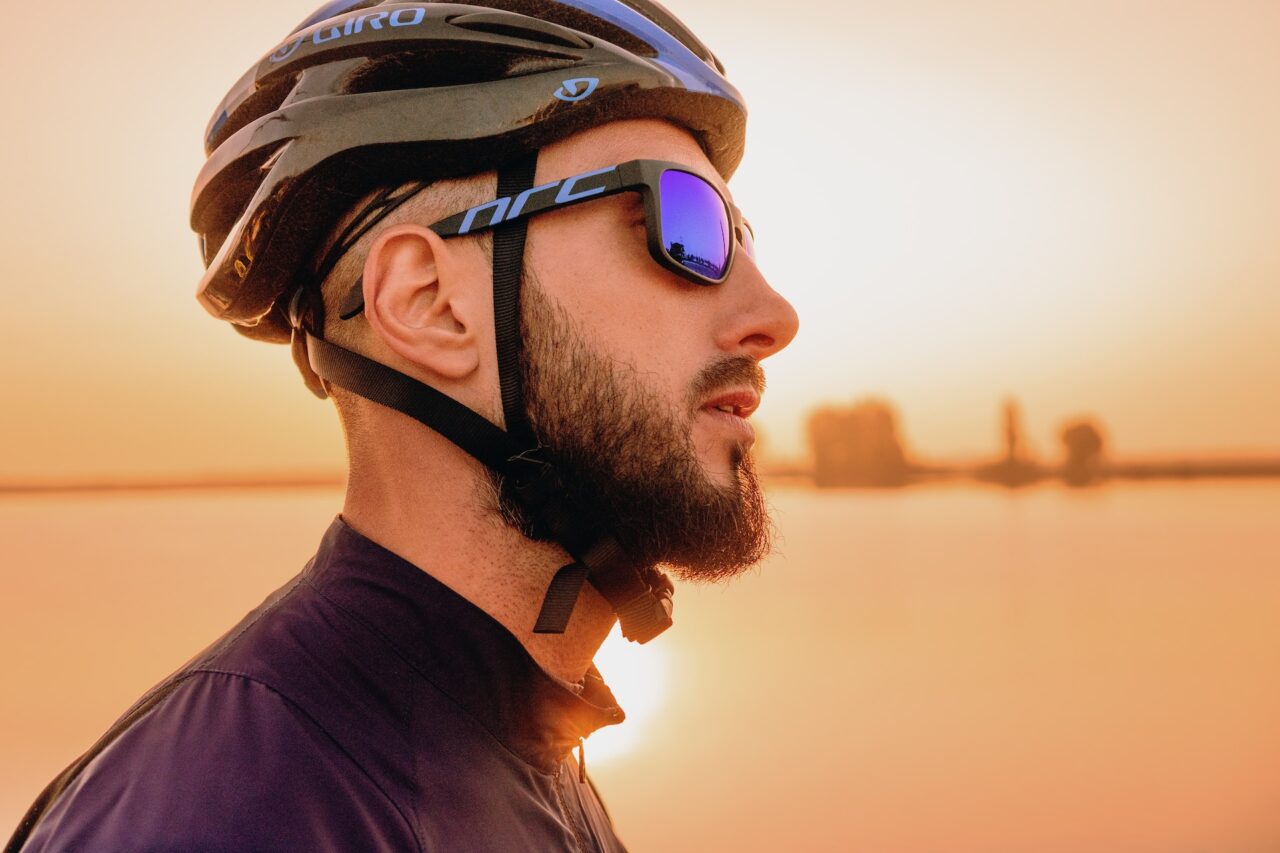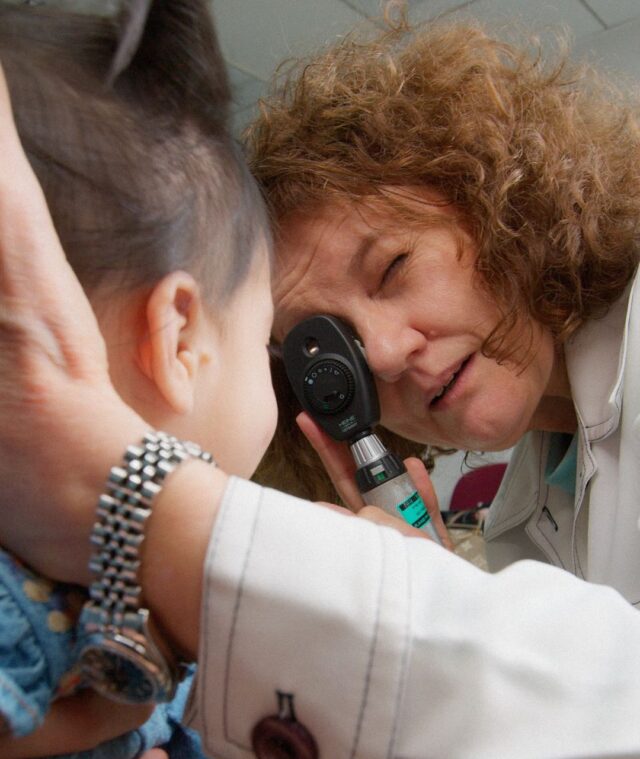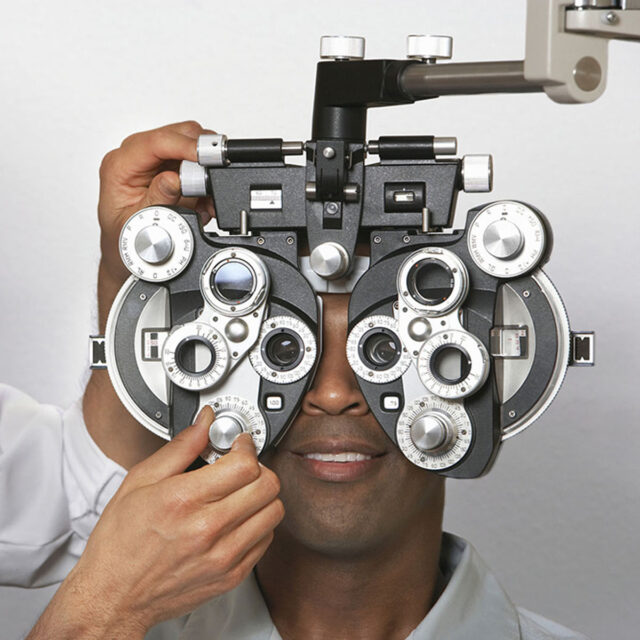Photo by Viktor Bystrov on Unsplash
Many of us fear injury or damage to our eyesight. Unfortunately, we cannot take our vision for granted. It only takes a moment for an accident to happen and the consequences of an eye injury can be potentially horrific.
Regrettably, eye injuries are fairly common. Some interesting statistics published by the U.S. organization ‘Prevent Blindness’ highlight just how frequent they are. In the US alone,
- Over 2,000 workers injure their eyes each day. Up to one in five of these injuries will cause temporary or permanent loss of vision.
- Over 25,000 people are treated each year for sports-related eye injuries.
- 125,000 eye injuries are caused by common household products each year.
- Ninety percent of eye injuries could have been prevented by appropriate eyewear.
These numbers highlight how vulnerable our eyes are and that we must take extra care of them all the time. However, there are steps we can and should all take to minimize the risks of eye injury. Read on to find out what eye specialists recommend.
What are the dangers to my eyes?
Here is a list of some of the most common causes of accidents to eyes:
- Flying objects that travel with force or speed and cause trauma to the eye. For instance, balls, paintball pellets, or a champagne cork
- Airborne particles such as dust, sand or sawdust which can seriously irritate the eye
- Chemicals (industrial and household)
- Falls, bumps and car accidents
- Cosmetic tools like mascara wands and eyelash curlers
- Ultraviolet (UV) radiation from the sun
This is not an exhaustive list; there are plenty more objects and situations that could potentially cause damage to your eyes. Therefore, it is important to recognize the times when wearing additional eyewear would be sensible.
When should I use extra protection for my eyes? And what should I use?
It is not possible to prevent every accident, and it is not always possible to wear extra eyewear. However, we would always recommend shielding your eyes using appropriate safety goggles or glasses in the following situations:
- When handling hazardous chemicals such as solvents, detergents, paints, pesticides. These may include household products. Check labels for recommendations.
- When there is a significant risk of your eyes being harmed by flying objects
- When you are in situations where sand, sawdust or other floating particles are in the air
- When playing most sports
- When under strong sunlight
What should I use for extra protection?
It is important to know that regular eyeglasses do not provide protection in the above circumstances.
You need to wear specially designed eyewear that is impact resistant and safety-rated. Both the lenses and frames should have a safety rating.
In the glare of the bright sun, you should also wear good quality sunglasses with a high UV rating. Look for those which are certified to block out 100 percent of UVA and UVB.
Specialist eye protection is available for most other situations, including sports, in the form of goggles, glasses or helmets with shields. Safety eyewear is also available with dark photochromatic lenses, which makes them suitable for wearing outside in strong sunlight.
What precautions can I take to protect mine and my family’s eyes at home?
At home, the key to eye safety is being aware of possible accidents and keeping your home as safe as possible. Here are some ways you can minimize the risks of eye accidents at home:
- Lower the risk of falls by keeping your home well-lit, providing stair rails and safety gates where necessary, and by keeping floors clear of tripping hazards.
- Keep chemicals like laundry liquid, solvents and other cleaning agents securely locked away and out of the reach of children. Keep toiletries away from children, too.
- Scan your home for sharp corners onto which someone could fall and make an effort to minimize the risk of this happening. It is possible to purchase safety pads for cushioning sharp edges and corners.
- Ensure your whole family owns and uses good quality sunglasses for protection when exposed to strong sunlight.
How can I protect my eyes at work?
A person or persons designated as responsible for workplace health and safety should have completed an audit of potential eye hazards. As an employee, it is your responsibility to familiarize yourself with this. If no assessment of eye hazards has been made already, it must happen soon.
If you believe that you or your coworkers’ eyes are at risk of injury at work, then you should:
- Ensure steps have been taken to minimize risks i.e safety screens are being used, and machinery is regularly checked.
- Wear the appropriate eye safety wear for the task at hand. This might be safety glasses, goggles, face shields, welding helmets or full-face respirators.
- Check if everyone working in the high-risk area, or even passing through, wears the appropriate eye safety wear.
How can I keep my eyes safe when playing a sport?
Sports participants are at a significant risk of eye injury. In racquet sports, balls can fly very fast. For instance, squash balls can travel over 60 meters in one second. In team sports, your eyes are also at risk of accidental prods and jabs. And in many sports, such as cycling, wind drying effects, and falls pose a risk to your eyes.
Therefore, you should always:
- Wear protective helmets and face shields for sports like hockey, baseball, and cricket, where hard balls moving at speed carry significant risk.
- Wear sports safety goggles for all racquet sports and ball sports like soccer and basketball.
- Look for an official, approved safety rating on eyewear so that you can be assured that it has undergone rigorous performance testing.
Regular glasses are unlikely to provide sufficient protection. If you currently use prescription glasses to be able to participate in sports effectively, you should explore other options, such as contact lenses, with your eye doctor. Alternatively, you may be able to get specialist prescription eyewear for sports that allows you to see clearly and keep your eyes safe.
What should I do if I have an eye accident?
If you have followed the above advice, you will have lowered the risk of an accident affecting you or your family’s eyes significantly. However, there is always a chance of an accident still happening. Here’s what to do in case of an emergency.
- Seek appropriate emergency medical advice as soon as possible and administer suitable first aid while awaiting help.
- For chemicals in the eye, flush the eye with clean water. Do so for at least 15 minutes and hold the eye open as wide as possible.
- For small items like dust in the eye, a commercially available eyewash should help remove it. Avoid rubbing the eyes.
- For falls and blows to the eye, gently apply a cold compress, without pressing on the eyeball.
- For cuts to the eye, do not attempt to rinse the area or remove anything that has become lodged. Gently shield the area (a paper cup is ideal for this) until a medical professional is present.
Hopefully, with these tips, you should be able to ensure your eyes, as well as those of the rest of your family, are always well-protected from the risk of injury.








